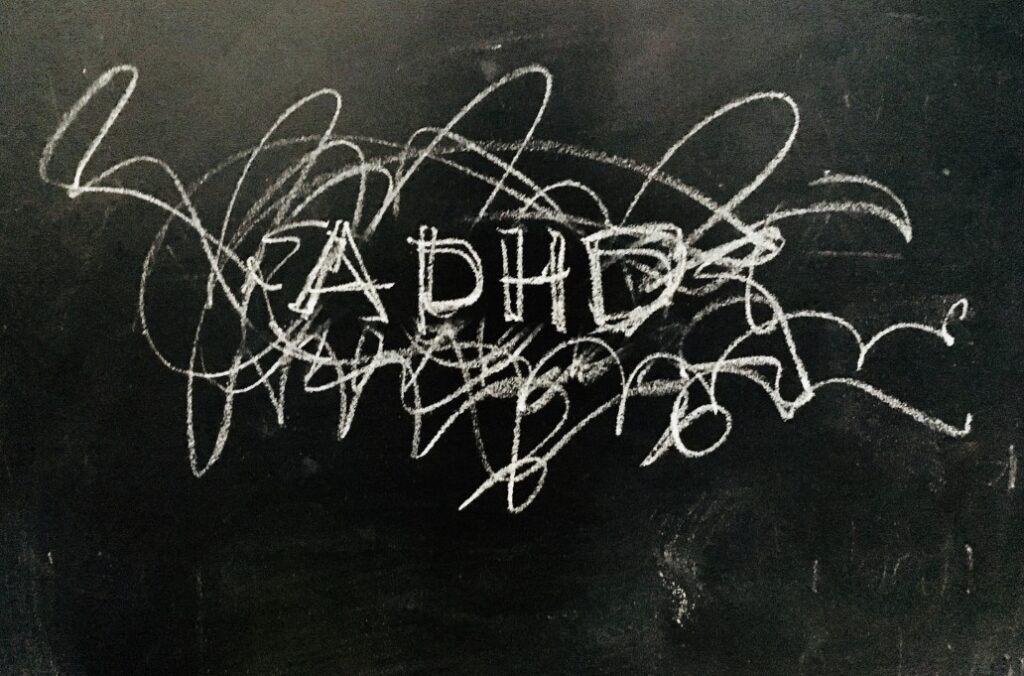When it comes to managing ADHD, the right treatment can make a world of difference in improving focus, impulse control, and overall quality of life. However, the choice between medication and natural remedies often sparks debate among parents, adults with ADHD, and professionals alike. While medication has been proven effective for many, natural remedies are gaining popularity as alternative or complementary approaches. In this post, we’ll explore both options to help you make an informed decision.
Medication for ADHD: What You Need to Know For ADHD Treatment
Medication is one of the most widely used treatments for ADHD and can be highly effective in managing symptoms. There are two main types of medications used: stimulants and non-stimulants.
- Stimulants: These medications, such as Adderall and Ritalin, are the most common. They work by increasing the levels of certain neurotransmitters in the brain, helping improve focus and control impulsive behaviors. Stimulants tend to have fast-acting effects, with many patients reporting noticeable improvements shortly after starting the medication.
- Non-Stimulants: For those who do not respond well to stimulants or experience negative side effects, non-stimulant medications like Strattera or Intuniv are an alternative. These medications may take longer to have an effect but can be just as beneficial for some individuals.
Dr Russell Barkley has a fantastic in-depth video series on ADHD and medications watch here.. Dr Barkley also speaks on how it is also just as important to find the right dosages and time for your medications. He has over 15 years of researching and advocating for people with ADHD.
It is important to note that Medication isn’t for everyone and you can experience side effects. Those Side effects can include insomnia, decreased appetite, mood swings, or anxiety. It is important to work closely with a health care professional is willing to help you find the right medication, dosage and manage side effects if they do occur.
Here is a full compressive list on ADHD medications with reviews.
Natural Remedies: Alternative or Complementary Approaches ADHD Treatment
For those looking to explore alternatives or complement traditional medication, natural remedies offer promising options. While these remedies may not eliminate the need for medication, they can be part of a holistic approach to managing ADHD symptoms.
Dietary Adjustments
There’s currently no evidence that diet can impact ADHD symptoms and more research is being conducted. Although that doesn’t mean that dietary adjustments can’t overall improve your health, which makes it feel like you are managing better. People do report experiencing between symptoms on diet rich in protein and omega-3 fatty acids (found in fish and flaxseed).. Some people find that reducing sugar and artificial additives in their diet helps improve focus and reduce hyperactivity.
Exercise
Many individuals report that exercise first thing in the morning can help with managing their ADHD. There is research to back up these claims. In the report Effects of physical exercise on attention deficit and other major symptoms in children with ADHD: A meta-analysis – they reported that physical exercise can improve attention, motor skills and executive function with no adverse side-effects compared with drug therapy. Although physical exercise did not significantly improve hyperactivity, depression, social problems or aggressive behaviour. Exercise may help you in the morning and may be worth exploring. Exercise helps release dopamine and norepinephrine, neurotransmitters that play a crucial role in focus and attention. Activities like yoga, swimming, or team sports can be particularly effective in helping.
Mindfulness and Meditation
While the research is in early days, it does suggest that practices like mindfulness, meditation, and deep breathing exercises can help individuals with ADHD. These techniques can train the brain to slow down and focus, helping people develop coping strategies for managing distractions.
If this is a method you would like to consider, stay slow and be okay with being distracted at first! It takes times for everyone with ADHD or not, to learn these practices.
Youtube videos, and headspace are a great place to start!
Behavioral Therapy
Cognitive-behavioral therapy (CBT) research while also in early days is interesting. Psychologist had reported that penitents with ADHD manage their symptoms, after starting CBT that they see a significate improvement but the induvial reporting that they only seen a slight improvement. Therapy can help individuals build organizational skills, manage time more effectively, and learn coping mechanisms for stress and impulsivity.
Supplements
This is a controversial topic in the ADHD community. Research suggest that supplements can work at improving symptoms if a the induvial is low that vitamin. That Omega-3 fatty acids (like fish oil) help with ADHD symptoms. Melatonin helps people with ADHD fall asleep, but it doesn’t help with ADHD itself.
If looking into supplements it best to consulate with your health care professional if they will help you.
Finding the Right Balance: What Works for You for ADHD Treatment?
Choosing between medication and natural remedies—or combining both—depends on individual needs, preferences, and how ADHD symptoms affect daily life. Here are some key considerations:
Severity of Symptoms: For individuals with severe ADHD symptoms that significantly impact their daily functioning, medication might be necessary to provide immediate relief.
Side Effects: If medication causes significant side effects, exploring other options might help reduce reliance on pharmaceuticals. A healthcare provider can guide adjustments to treatment as needed.
Long-Term Goals: Some families or individuals may prefer to manage ADHD with fewer medications over the long term. Other options can offer sustainable ways to improve focus and behavior, especially when combined with lifestyle changes.
Conclusion For ADHD Treatment
There’s no one-size-fits-all approach to managing ADHD. For some, medication is a lifeline, providing the focus and self-control needed to succeed in school, work, and personal life. For others, other options like dietary changes, exercise, and behavioral therapy can be just as effective, especially when combined with professional support. The key is to find what works best for you or your child, and to consult with healthcare professionals to ensure a balanced, personalized treatment plan.


